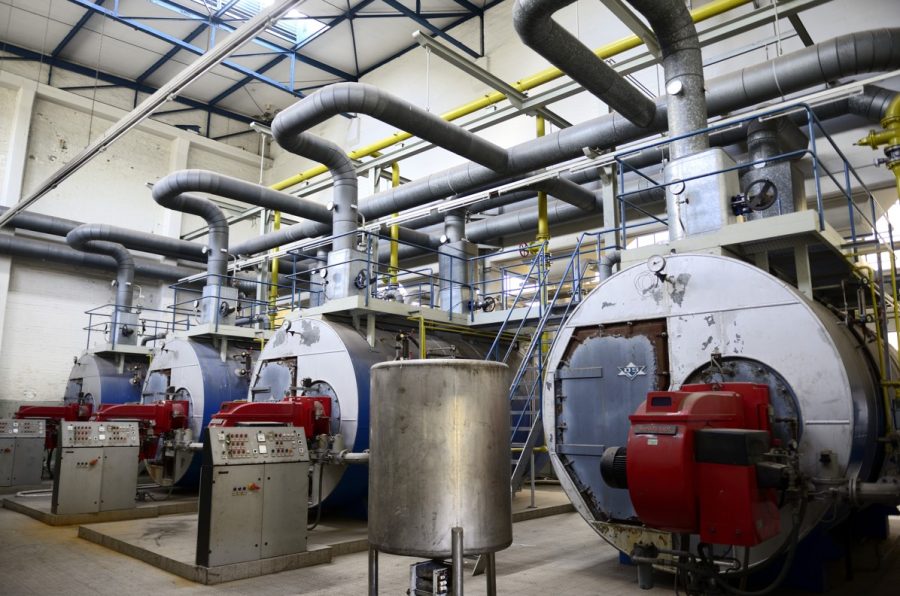In today’s world, energy costs seem to always be rising. When this happens, your industrial facility can be impacted in many ways. Unfortunately, the biggest is having rising energy costs eat away at your company’s profits. To keep the energy bills low and your profits high, you need to improve burner efficiency. To accomplish this, here are some things you can add to your maintenance schedule.

Inspect Control Valves
Since many burners operate at temperatures that exceed 3400 degrees Fahrenheit, it is very easy for control valves, mixing plates, and gas nozzles to warp or accumulate dirt and debris, both of which can create additional wear and tear on these parts. By making periodic inspections for damage, you can make repairs or replacements that will keep your burner more efficient.
Replace Air Filters and Fuel Strainers
Since filters and strainers play a key role in a burner’s air/fuel ratio, make sure these are cleaned and replaced at least three times per year, and in most cases every two or three months. While doing these aspects of burner service, it’s also a good idea to lubricate the bearings, linkages, and regulator impulse lines to keep them in good working order.
Check the Control Loop
Should your burner rely on temperature modulation, check the control loop to make sure it is not set incorrectly. If it is, too much overshoot will take place. When this happens, your burner will not only waste large amounts of energy, but it will also create unnecessary wear and tear on control valves and actuators, both of which are important for temperature modulation.
Verify Fuel is Burning Cleanly
To verify your burner’s fuel is burning cleanly, you’ll need to use a combustion analyzer. If there is a problem with the fuel, the combustion analyzer will pick up high levels of carbon monoxide, unburned hydrocarbons, and aldehydes. If you make this discovery, you’ll need to make adjustments to the temperature modulator to ensure the air/gas ratio is improved enough so that emission control levels stabilize.
Look for Air Leaks
Finally, inspect your boiler for indications of air leaks. To do so, you’ll need to inspect its ovens, dryers, and kilns. In many burners, improper damper settings or process control settings that are not properly programmed can result in air leaks.
By improving the efficiency of your facility’s burner, you will experience fewer maintenance issues, lower your energy costs month to month, and keep company profits as high as possible.